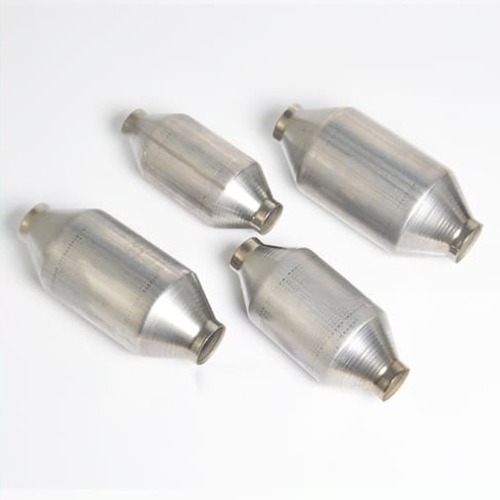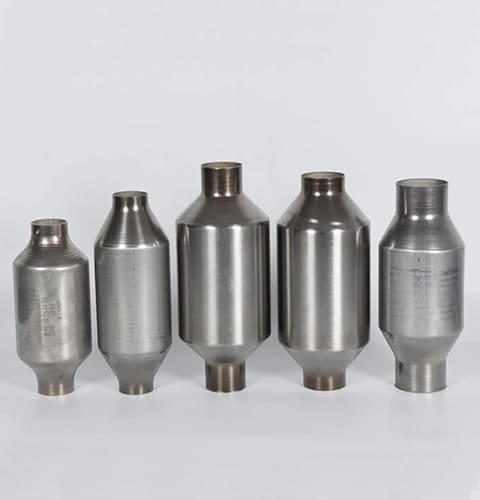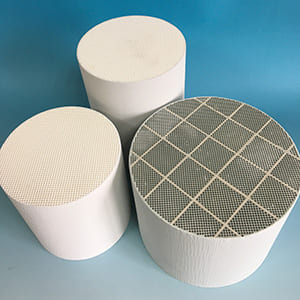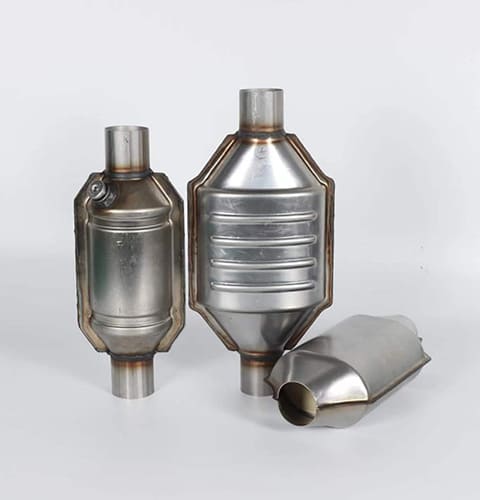Catalytic converters, essential components in reducing vehicle emissions, require careful handling and storage, especially when held in inventory for extended periods. As a wholesaler, how do you ensure that these sensitive components retain their quality over time? Proper storage and handling are key to maintaining the efficacy and longevity of catalytic converters, ensuring that they remain in top condition until installation.
Understanding the nuances of storing catalytic converters is critical for wholesalers. These components are not only expensive but also sensitive to environmental factors. Their proper storage is essential to maintain their functionality and prevent premature degradation.

Why is Proper Storage of Catalytic Converters Important?
Environmental Sensitivity and Material Composition: Catalytic converters are made of materials that are sensitive to moisture, temperature fluctuations, and contaminants. Improper storage can lead to reduced efficiency or even failure of the component.
- Preventing Physical Damage: Catalytic converters contain delicate internal structures that can be damaged by improper handling or storage conditions.
- Maintaining Compliance: Ensuring that stored catalytic converters meet regulatory standards is crucial for both legal compliance and customer satisfaction.
Essential Storage Tips for Wholesalers:
To maximize the shelf life and maintain the quality of catalytic converters, wholesalers should adhere to the following guidelines:
- Controlled Environment: Store in a dry, temperature-controlled environment to prevent moisture-related damage and thermal stress.
- Avoid Physical Damage: Handle with care and store in a way that prevents physical damage to the converter’s body and internal components.
- Proper Packaging: Keep catalytic converters in their original packaging as long as possible to protect from dust and other contaminants.
- Inventory Rotation: Practice first-in, first-out inventory management to ensure older stock is used before it can degrade.
- Regular Inspections: Conduct periodic inspections to check for any signs of damage or degradation and address issues promptly.

Conclusion
For wholesalers, the long-term storage and shelf life of catalytic converters are crucial aspects that require careful attention. By maintaining a controlled storage environment, handling with care, using proper packaging, rotating inventory, and conducting regular inspections, wholesalers can ensure that the catalytic converters in their inventory remain in peak condition. These practices not only preserve the quality and efficacy of the converters but also uphold the wholesaler’s reputation for providing reliable, high-quality components.


